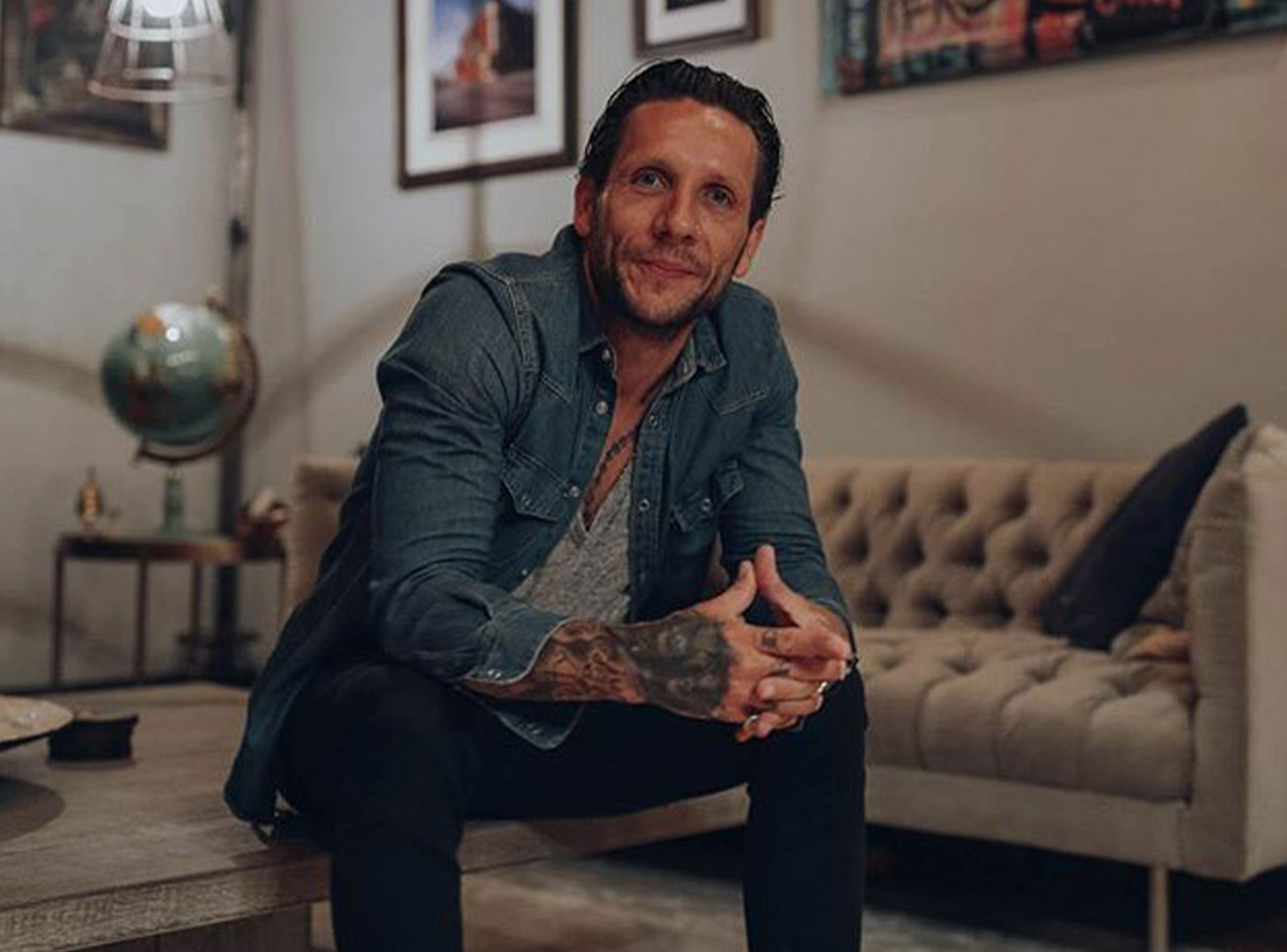
If you have a friend or family member with a drug addiction, you are in a tough spot. You may be fed up, but you also do not just want to stand by and watch as they destroy their life. If you do not know what to do, you are not alone.
Many addicts have to hit rock bottom before deciding to get help. Just look at Brandon Novak’s story. His heroin addiction led him from fame and fortune to homelessness and multiple overdoses. His mother became so convinced that his heroin addiction would be the end of him that she bought a cemetery plot in his name. Some people might think this is harsh, but the opposite reaction is even more harmful. Some people start to show signs of enabling that could make problems worse down the road.
What Is Enabling?
Enabling a drug addict involves protecting the addict from experiencing the full consequences of their addiction. While you want to help the addict, you could be making their problems worse. Helping the addict can mean any number of things, but an enabler specifically will help the addict with problems that came about because of their addiction. By letting them get away with their drug use or heavy drinking, the addict has less reason to stop.Signs of Enabling a Drug Addict
There is a big difference between being supportive and enabling, but it is easy to cross this line without even realizing it. You should support them in their efforts to get sober, you shouldn’t enable them to continue their drug abuse.Signs of enabling behavior might involve:
- Being in denial about their problem or justifying it
- Calling them in sick for work because they are high or drunk
- Driving them around after they got a DWI
- Paying legal or court fees
- Making excuses about their addiction
- Taking on their responsibilities
- Giving them money or paying their fines
- Negotiating or letting things slide
- Blaming everyone and everything except the addict
As well as being in recovery himself, Brandon is a certified drug intervention professional who helps people across the country hold interventions for their friends and family members who are struggling with addiction. If you want to learn more about his services or you are just looking to get more insight into addiction, call Brandon Novak at 610-314-6747.





